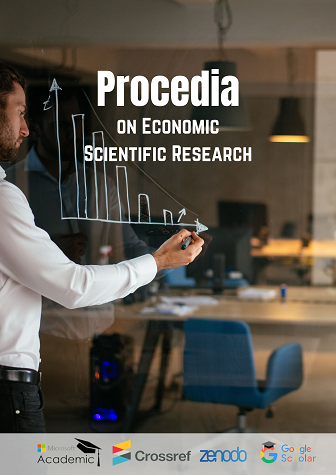The Health Economy in Indonesia: Challenges and Opportunities
Keywords:
Health Economics, Public Policy, WelfareAbstract
Indonesia's health economy faces many challenging challenges, but also has many promising opportunities to improve people's quality of life. This research examines some of the critical elements affecting the national health system, including lack of access, under-financing, and deficiencies in infrastructure and human resources. Conversely, there are great opportunities in the use of digital technology, the development of a national health insurance system, and increased public-private sector collaboration. This research aims to analyze in terms of public policies that have been implemented. The method used is a literature study of books, national and international journals from the last 10 years. The results of the analysis show that existing health policies and initiatives and emphasize methods that can be used to overcome these challenges and maximize existing opportunities. Creating a more efficient, inclusive, and equitable health system, innovative and sustainable policy reforms are needed. This will aid sustainable economic growth and improve the welfare of the Indonesian people.




